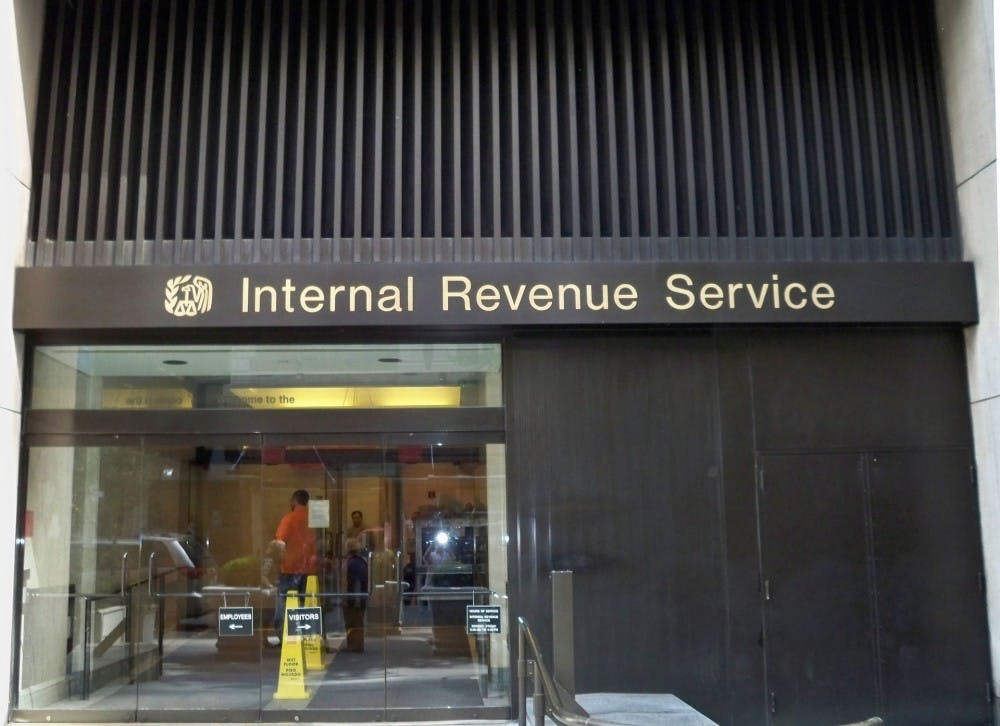Every person with an income must file state and federal taxes every year.
State taxes must be filed for each state a person receives an income in for the year.
"The only way a person can get money back is by filing an income," said John Ledbetter, interim chairperson of the department of information systems and operations management. "If you do not file a return, and it turns out that you owe money, the IRS can come after you forever."
All money is taxable, he said, and the Internal Revenue Service, the government agency responsible for collecting taxes, is the only power that can say any money is not taxable so it's important to file.
“The best thing you can do is file early,” Ledbetter said.
Final tax returns are due by April 18, unless a 6-month extension is approved.
Students can prepare to file by:
1. Having all income documents
-The most common one will be a Form W-2. This document is used to report employee wages and the taxes withheld from each paycheck.
-Employers are required by law to complete a Form W-2 for each employee paid by salary, wage or other compensation.
-The employer then has to send each employee a Form W-2 on or before Jan. 31.
-Depending on the individual’s situation, more forms may be needed.
2. Finding out if you are someone else’s dependent
If a parent claims you as a dependent, they will write your social security number down when they file their taxes and receive an exemption for claiming you.
-Since the IRS knows you are a dependent, their website says, “you may not claim your personal exemption on your own tax return.”
-If you are not a dependent, claim yourself and receive the exemption.
3. Having your social security card
-Memorize the number
4. Know your school costs
-Scholarships: are
-Loans: not considered income. Loans are borrowed money that must be paid back, therefore cannot be taxed.
5. Evaluate education expenses
-Benefits can be received for paying for books and supplies, but the person who pays for those expenses is the one who receives the benefit.
6. Have an understanding of your healthcare
-If a person is not a dependent, does not have healthcare and does not have a
Once a student is prepared, they can file:
-File federal taxes online for free at www.irs.gov. File Indiana state taxes at www.in.gov.




